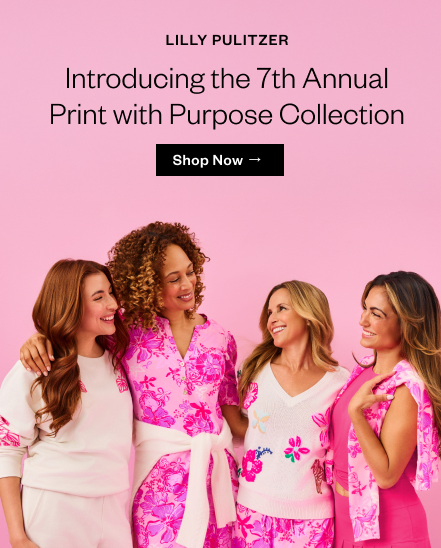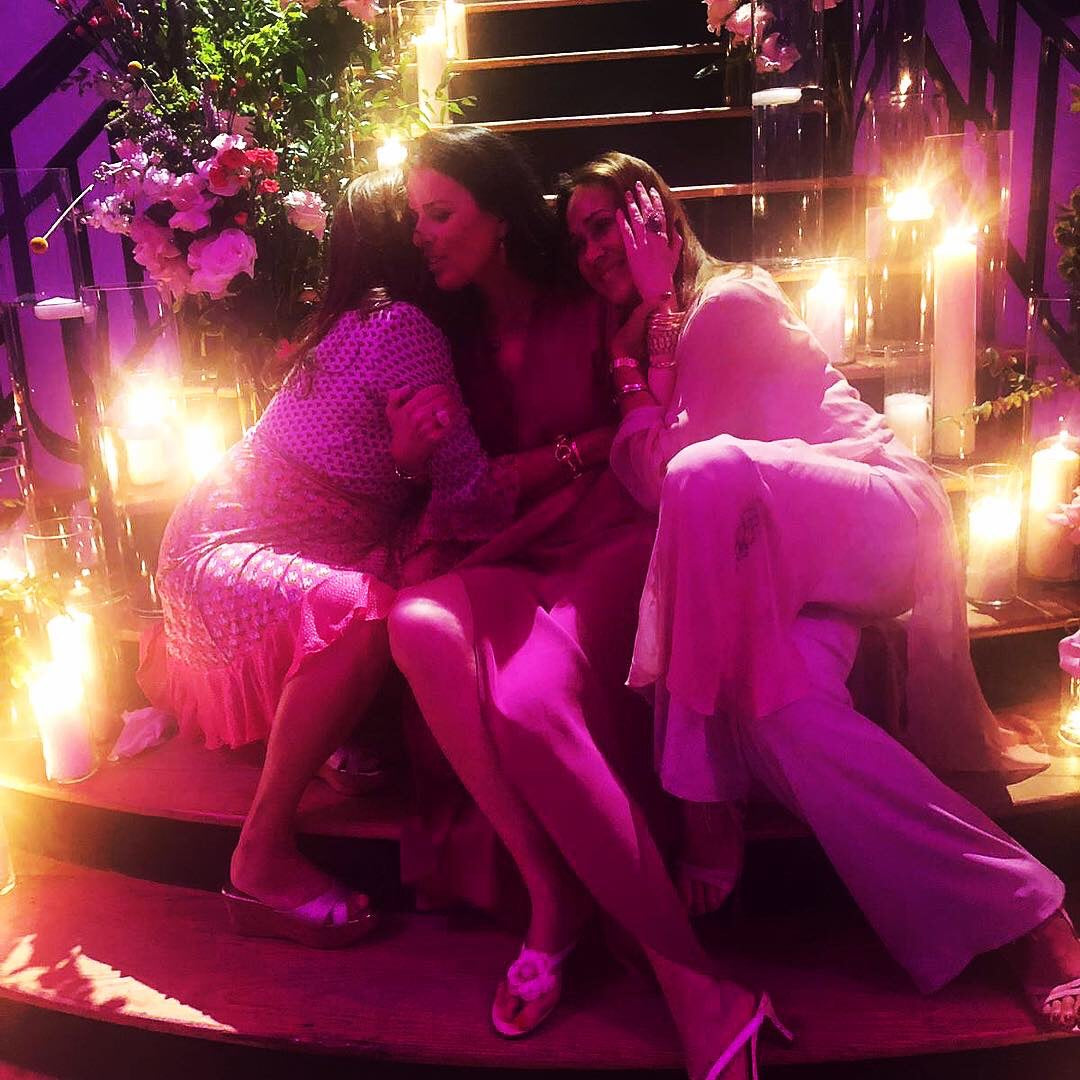Ann Caruso is an internationally-renowned celebrity fashion stylist, consultant and brand ambassador. In addition to being a respected arbiter of style, she is also a two-time breast cancer survivor. Through her partnership with Stage, Ann shares the insights she’s gained along her journey, her advice for navigating a breast cancer diagnosis and the must-have “gear” for treatment and recovery.
What is your advice for anyone who has recently been diagnosed with breast cancer?
AC: Showing up for yourself is the most important “gift” you can give to yourself after receiving a breast cancer diagnosis. Being your own advocate is key because no one is going to look after your best interests better than yourself. One way to do this is to get several opinions when it comes to your treatment and care.
I saw several surgeons, oncologists, and other specialists, and ultimately went with the one whose approach I felt most comfortable. Multiple opinions can also give you peace of mind because if three oncologists suggest the same treatment, you can be confident that’s the right way to go.
I also believe it’s important to take care of your spiritual health in addition to your physical self. One day you’re living your regular life, and the next you’re overwhelmed with talk about the intricacies of your cancer, surgery, and treatment options – and have so many decisions to make. Having someone to talk to or bolstering your spirit with meditation, prayer, positive affirmations, or journaling can help you navigate this turbulent time.
Fashion may not exactly be at the top of someone’s priority list when battling cancer, but as a stylist and survivor you probably have a unique take on this…
AC: My motto is, “Dress up to show up.” We’ve all experienced the confidence and boost in self-esteem that comes along with wearing something we love and feel comfortable in. The right outfit can make us feel better and happier, and I think this makes going to appointments a little easier.
Many women experience body changes throughout their cancer treatment. When you’re accustomed to dressing a certain way and you can’t anymore (at least temporarily), it often seems easier to throw on a pair of sweatpants. Even though I’ve dressed some of the most famous women in the world, I had a hard time dressing for a totally new shape on top after my first cancer diagnosis, and I went up another size after my second. Whether you enlist the help of a fashionable friend or even a stylist, finding a few new pieces that work for your current body make it easier to get dressed every day.
What were your go-to looks when you were juggling doctor’s appointments, treatments, work, and your everyday life?
AC: Button-down shirts were key at the beginning of my journey since surgery made it difficult to pull tops over my head. I was all about roomy clothes while undergoing radiation since I experienced severe burns and was wrapped in cloth bandages that I didn’t want to show. Kaftans and skinny pants became a trusted fashion “formula,” and I made an effort to wear clothes I felt good in rather than pajamas or sweats.
How did breast cancer affect your approach to beauty products?
AC: The skin is our largest organ, so I think it’s important to focus on “clean” products (although I still use a few “regular” products I love and believe in). My skin went through many changes during my cancer experience, and updating my makeup and skincare products as needed helped me feel and look better.
Chemotherapy may be the first thing we think of when it comes to hair loss during cancer treatment, but medications and stress can affect the hair as well. If there’s ever a time for natural, gentle, or organic shampoos and conditioners, it’s now.
You touched on the importance of self-care earlier… What are a few of your favorite tips and practices?
AC: First and foremost, edit the people in your life so you’re only surrounded by supportive, loving, understanding friends and family. I have also found that staying in the moment (or at least trying to) and gratitude for all of the positive things in my life keeps me feeling happy. Some of my other wellness tactics include:
- Acupuncture
- Massage (if your doctor permits)
- Physical and mental therapy
- Watching TV and movies that make me smile
- Organizing in a way that makes life easier (such as a pill organizer or cancer planner)
- Sipping ginger-lemon tea with honey when I felt nauseous (Blisslets helped too, and they are great when I go sailing)
What are your thoughts about the role one’s surroundings play in their recovery?
AC: When it comes to your environment, the calmer the better. I truly believe that less stress helps you heal faster. Essential oils were my best friends during treatment. I ingested them,* applied them to my skin, added them to my baths and used a diffuser to fill the air with their soothing benefits (especially lavender before going to sleep). I also discovered the power of music for elevating my mood.
*Stage note: Be sure to check with your doctor before taking any supplements or essential oils to confirm if they are right for you.
I’m a visual person, so I’ve always prioritized creating an environment that’s pleasing to the eye. As a pick-me-up during my second cancer before my second-to-last surgery, I bought a new bedroom set and installed a new closet since I knew I’d be spending more time than usual in that part of my home. I also believe that sunlight is important for the soul, so I always open my shades and drapes regardless of how I feel on a given day.
Do you have any other advice based on your cancer experience?
AC: Before every surgery, I’d schedule a blow-out, manicure and pedicure since I knew it would be a while before I could go out. I wanted to look as good as possible when I was in the hospital and when I got home, not only for myself but in case I had visitors!
I also want everyone to know that it’s normal to be scared when you see your calendar filled up with doctor’s appointments and treatments. Before every check-up I’d worry the cancer had come back, and the memory of my diagnosis prompted the trauma to resurface. But now that I’m in remission, I try to think of these appointments as self-care, which makes them so much easier. It takes time to get there, and I am still a work in progress depending on the type of appointment I am going to. I hope you can try this shift in thinking and it helps.
Ann’s Top Tips for Supporters
As a survivor herself, Ann knows, “A lot of people have a hard time asking for help.” Here are her suggestions when you’re not sure what you can do.
- Offer rides to and from appointments. (Company is a great distraction.)
- Visit as often as you can (with their permission, of course). Bring food, tidy up their house or pick up groceries.
- When there are kids in the picture, volunteer to drop off or pick up from school, sports practice and other activities; help with homework or pack the next day’s lunches.
- Lend your unique expertise, whether that may be navigating the world of insurance claims or doing research about cancer-fighting foods.
- Check in often!
Explore Ann’s carefully-curated edit of gift-worthy Stage products that any patient will appreciate.










Leave a comment